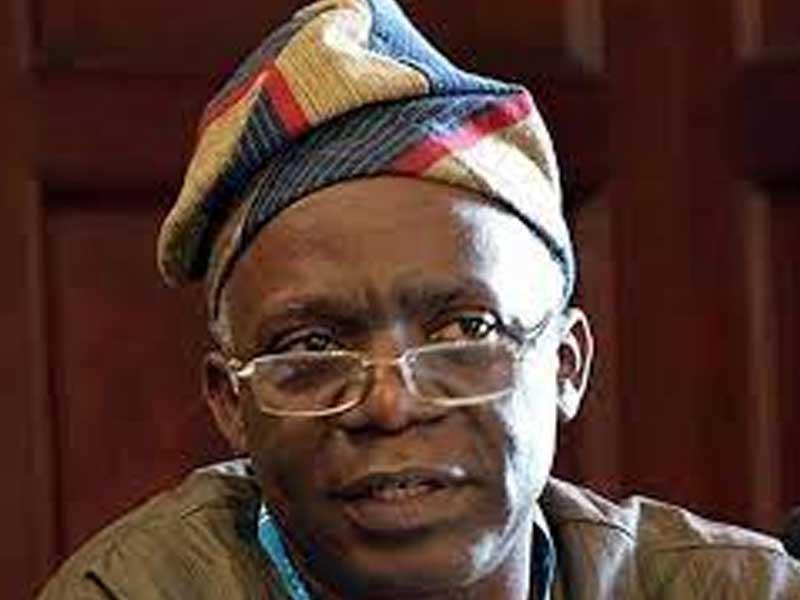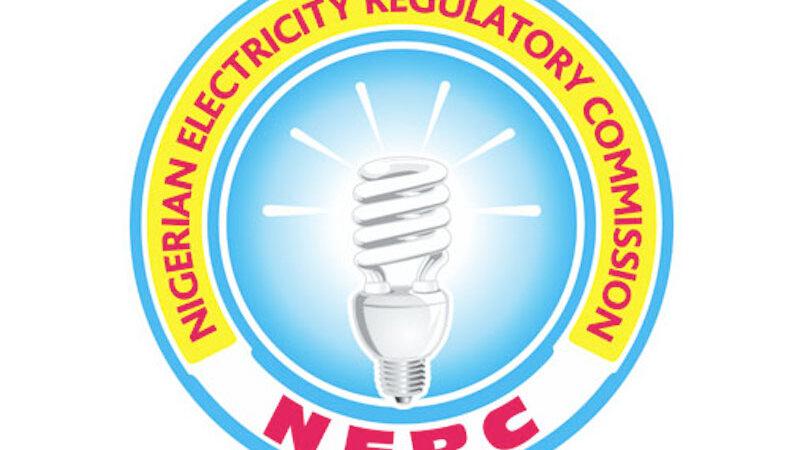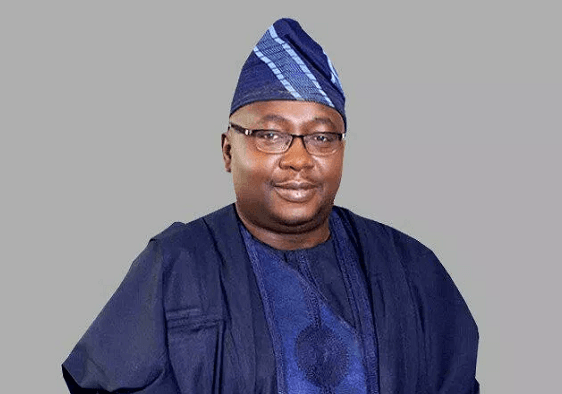Stories by Chineme Okafor in Abuja
The electricity distribution companies (Discos) in Nigeria have said recent talks within government circles of re-nationalising the electricity sector and rolling back the objectives of the 2013 privatisation exercise can hurt the ability of operators to raise finances to improve their operations.
The Discos through their association – the Association of Nigerian Electricity Distributors (ANED) stated that such conversations as well as the government’s reported plan to handover their distribution operations to German firm, Siemens equally suggested that Nigeria do not respect corporate contracts.
Reacting to recent statement by the Minister of Power, Mr. Mamman Saleh, that the government could give to Siemens the Discos network to run on the basis of an agreement the company signed with the federal government, ANED’s Director of Research and Advocacy, Mr. Sunday Oduntan, stated that the credit rating of the sector could be threatened by government’s utterances and actions.
“It is regrettable that the stated proposal further promotes a perception that the Nigerian government does not respect sanctity of contract, a requirement for any investment in the country – particularly, for the cheap foreign capital that is required for the massive capital expenditure needs of NESI.
“A related note is the greater uncertainty associated with threats of renationalisation and reversal of privatisation objectives,” said Oduntan.
He explained that the current investors in the Discos had binding agreements with the Bureau for Public Enterprises (BPE), which represents the federal government on their boards, after the 2013 privatisation, and as such focus should be on how to accomplish the terms of the agreement.
According to him: “These agreements specify the terms and conditions under which both parties shall accomplish the objectives of the privatisation, as well as a framework of commitments necessary for the Discos to achieve their performance targets.”
“Unfortunately, the commitments of the government remain unmet. As such, we believe that the focus should be on how to utilise the agreement’s remedial framework to address the deficiencies that currently exist in the electricity distribution sub-sector, rather than the adoption of knee-jerk initiatives that send signals that would result in potential adverse outcomes for the larger Nigerian economy,” he stated.
Picking holes at the suitability of Siemens to run the Discos networks as intended by the government, Oduntan, said: “It is also important to point out the following – Siemens is an electricity equipment manufacturer and not a utility operator.”
“Seeking to hand the Discos to Siemens is akin to asking the pharmaceutical drug manufacturer to treat the patient as a doctor. In view of the fact that the Discos majority shareholders are mostly Nigerian investors funded by Nigerian banks, is it the government’s intention to send the message that Nigeria is closed for business to local investors, thereby encouraging capital flight and killing home-grown solutions to our economic problems?”
Oduntan maintained that the most appropriate solution to the challenges of the sector was for both parties to collaborate and work to improve the sector’s offerings.
“Pronouncements that are misleading or misrepresentative of the complicated challenges of the power sector will not lead to the increased power supply that is necessary to grow our economy, create jobs, increase fiscal revenues and improve quality of life for Nigerian citizens.
“The Discos, while recognising their inefficiencies, continue to believe that decades of historical sectoral under-investment and inefficiencies of the government-owned PHCN can only be reversed if the enabling investment environment is promoted.
“And such an environment can only exist if there is regulatory and policy consistency, transparency, collaboration and respect for contract,” he explained.




